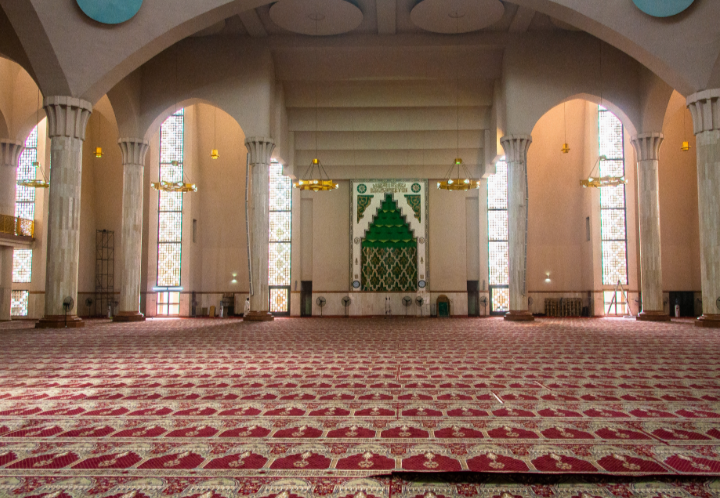Indonesia's top court denies appeal of woman who complained against mosque

- Country:
- Indonesia
Indonesia's Supreme Court on Monday rejected an appeal by a woman sentenced to 18 months in jail under the country's controversial blasphemy law for complaining about the volume of a mosque's call to prayer. Meiliana, 44, an ethnic Chinese Buddhist, was found guilty of insulting Islam for asking her neighbourhood mosque in Medan, on Sumatra island, to lower its sound system because it was too loud and "hurt" her ears. In a decision posted to its website Monday, the Supreme Court said that it had rejected her appeal, but did not elaborate further.
Indonesia, which has the world's biggest Muslim population, is officially pluralist with six major religions recognised, including Hinduism, Christianity and Buddhism. Freedom of expression is supposed to be guaranteed by law. But criticising religion - particularly Islam, which is followed by nearly 90 per cent of Indonesia's 260 million citizens - can land offenders in jail.
Meiliana's comments more than two years ago triggered riots that saw angry Muslim mobs ransack Buddhist temples. Some ethnic Chinese in the area fled in fear. The case fuelled fears that Indonesia's moderate brand of Islam is coming under threat from increasingly influential radicals.
Nahdlatul Ulama (NU), Indonesia's largest Muslim group, said the woman's comments should not have been considered blasphemous. Rights groups have long campaigned against the nation's blasphemy laws, which they say are frequently misused to target minorities.
Last year Jakarta's former governor - the city's first Christian leader of Chinese descent - was sentenced to two years in jail for blasphemy. There are hundreds of thousands of mosques across the Southeast Asian archipelago nation, with the five-times-a-day call to prayer heard everywhere in the biggest cities and smallest towns.
Vice President Jusuf Kalla made a plea in 2015 for places of worship to turn down the volume slightly to placate nearby residents.
(With inputs from agencies.)
ALSO READ
The Curse of Oak Island Season 11 Episode 22: Can Nolan's Cross Lead to the Templars' Greatest Secrets?
Sports News Roundup: Soccer-US players Morgan, Horan saddened by team mate's social media posts; NHL roundup: Islanders rally past Blackhawks and more
UNDP report highlighting digital transformation for Small Island Developing States
Sri Lanka sees no need for talks with India on island it ceded decades ago
Man stabs governor of Russia's Murmansk region with knife










